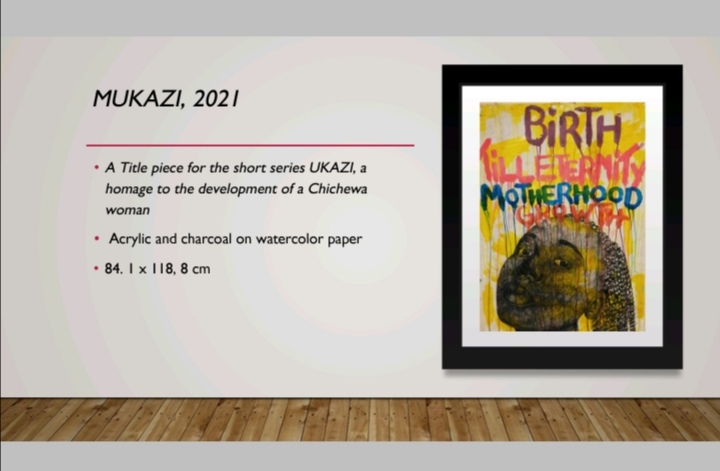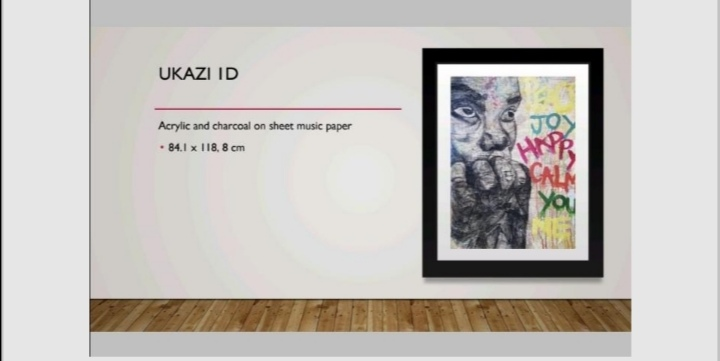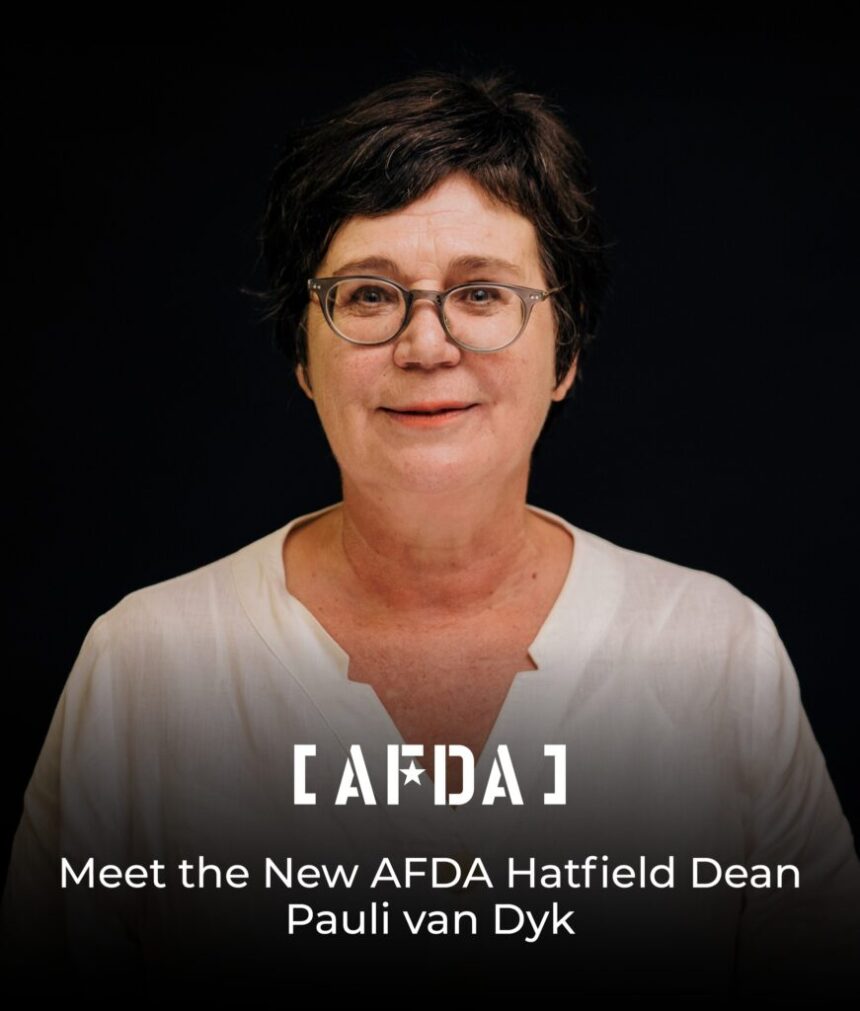
Being true to oneself involves creating an environment conducive to self-expression, a joyful space where one can articulate their thoughts and feelings without the apprehension of being judged. It is an opportunity to acquire new knowledge and showcase one’s unique identity. Art encourages individuals to think divergently, fostering creativity and enabling them to perceive the world from various perspectives. This encapsulates the essence of art for me, as expressed by Falida.
Art possesses an ineffable quality that transcends verbal expression; no collection of words can adequately capture its essence. In moments of sorrow, it has the power to heal our fractured spirits. Reflecting on art invariably brings to mind the adage that “art never ceases to amaze us.” It consistently inspires a sense of wonder. This is particularly true when engaging with Falida’s artwork, which compels introspection and prompts contemplation of significant issues, including the constructs of gender norms.
The term ‘representation’ holds substantial weight, especially within the context of African experiences, where it is inextricably linked to a regrettable history marked by disconnection, misinformation, and misrepresentation. Regions that were once colonized, such as Africa, have suffered the loss of their natural resources and have been severed from their cultural knowledge and historical narratives, often depicted through the biased lens of colonial agents.
In societies deeply entrenched in the politics of social communication and construction, representation assumes profound significance; expression serves as a vital form of rendering in the postcolonial landscape of the continent. In her article, “Women Shaping Africa’s Art,” Nkgopolong Moloi asserts that ‘representation’ serves as a means of expressing power, revealing value systems through the choices made in what to depict and how to articulate those representations (2018).

In recognition of women’s significant role in cultural production and the development of artistic knowledge, Falida employs her paintings to illustrate, represent, and advocate against societal issues related to gender norms that often oppress women. These norms diminish women’s status within patriarchal frameworks.
What may have initially begun as a simple pastime gradually evolved into something extraordinary. “During my high school years, which were not too long ago, I discovered my passion for painting, experimenting with various textures, and engaging in creative arts that were pivotal in honing my skills.
Unbeknownst to me, I dedicated around six hours each day to painting. While I have faced numerous challenges, particularly in using charcoal as my medium, it is the profound passion that has developed within me over the past few years that continues to drive my pursuit of this art form. Reflecting on my upbringing, I recognize that certain influences have shaped my artistic perspective, allowing me to perceive the world uniquely.
As a young woman, I have become acutely aware of how societal structures tend to undermine women. Consequently, I have channeled my artwork to address these issues, aiming to uplift and inspire young women in every facet of life through the best means I know,” she stated.
Despite the obstacles Falida encounters in her profession, including the challenge of balancing her studies with client commitments, she refrains from discussing her social or personal life. Falida is confident that she is doing enough to navigate her daily responsibilities, as this endeavor holds immense significance for her, just as her life beyond art does. By prompting her audience to engage in self-reflection rather than merely focusing on the artwork itself, Falida encourages individuals to contemplate their roles and contributions.

Falida aims to highlight the significant challenges faced by women, both historically and in contemporary society, with the aspiration of transforming societal norms through her artistic platform. She envisions a future where women have an equal voice, not only within the realm of art but also throughout society at large.
Beyond merely appreciating art, Falida imparts a vital lesson: the importance of engaging with her work on both intellectual and emotional levels, prompting self-reflection among her audience. It is undeniable that we all have role models who inspire us during our formative years or as emerging artists; for Falida, Nelson Makamo is a prominent figure. Introduced to his work by her teacher, she finds inspiration in Makamo’s artistry, which motivates her even in times of uncertainty, despite her evident talent. Falida’s artwork serves as a powerful reminder of the concept of ‘representation.’ Her creations are essential in advocating against the oppression and misguided societal norms rooted in patriarchy, emphasizing that the contributions of women artists must not be overlooked.











